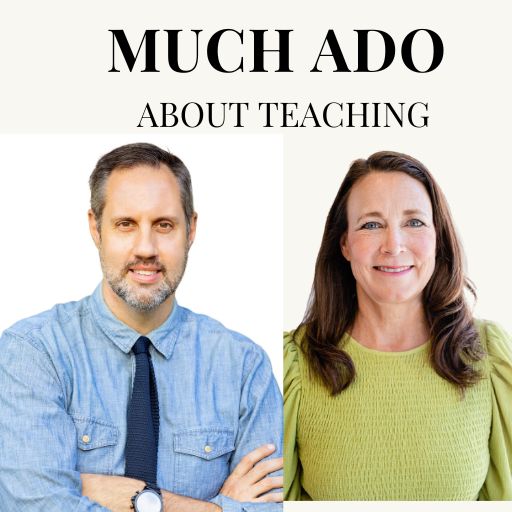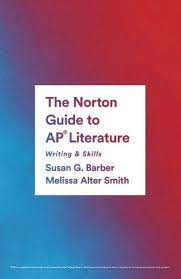On a whim this week, I posed this question on Twitter.
At the time of this post, I’ve received 121 answers. Here are some of my favorites:
“You forget the things you want to remember and remember the things you want to forget. “ – Cormac McCarthy, The Road
“And so we beat on, boats against the current, borne back ceaselessly into the past.” – – Fitzgerald, The Great Gatsby
“The tears of the world are a constant quantity.” – – Samuel Beckett, “Waiting for Godot”
“There are years that ask questions, and years that answer..” Zora Neale Hurston, Their Eyes Were Watching God
“The only true currency in this bankrupt world is what you share with someone else when you’re uncool.” Lester Bangs, Almost Famous
“I found it is the small everyday deeds of ordinary folk that keep the darkness at bay.” – J. R. R. Tolkien, The Hobbit
“A lot of bad things have happened but we are still here.” – Cormac McCarthy, The Road
“Everything was beautiful and nothing hurt.” – Kurt Vonnegut, Slaughterhouse-Five
“Keep a fire burning; however small, however hidden.” – Cormac McCarthy, The Road
“If it were done when ’tis done, then ’twere well / It were done quickly” – William Shakespeare, Macbeth
“and tho’/ We are not now that strength which in old days / Moved earth and heaven, that which we are, we are; / One equal temper of heroic hearts, / Made weak by time and fate, but strong in will /To strive, to seek, to find, and not to yield.” – Tennyson’s “Ulysses”
“…thus began our longest journey together.” – Harper Lee, To Kill a Mockingbird
“Play the game, but don’t believe in it – that much you owe yourself… Play the game, but raise the ante, my boy. Learn how it operates. Learn how you operate.” – Ralph Ellison, Invisible Man
“They were careless people…they smashed up things and creatures and then retreated back into their money or their vast carelessness, or whatever it was that kept them together, and let other people clean up the mess they had made.” – F. Scott Fitzgerald, The Great Gatsby
Here’s your challenge for today: Choose a quote or two (or three like me) and use it to jot down some thoughts on the year – either professionally or personally. Here’s one of mine:
“It was the best of times, it was the worst of times, it was the age of wisdom, it was the age of foolishness, it was the epoch of belief, it was the epoch of incredulity, it was the season of light, it was the season of darkness, it was the spring of hope, it was the winter of despair.” Charles Dickens, A Tale of Two Cities
In some ways, this was the best of times. After almost a year and a half of having students in front of me at school, they eagerly started this past fall excited to be together for what we anticipated to be a “normal” year. I was very fortunate that we had very few students out this year due so my classroom did not seem like a revolving door and I wasn’t having to open Zoom links for students not there. This past year was also the worst of times in some ways at work. Excitement soon turned to exhaustion for all of us as we realized how much more energy physical presence required; I was not used to that. Or the loss of flexibility my work at home schedule offered with throwing a load of laundry in during the day or taking my dog for a walk during lunch. Student energy also wanned as “getting back into the routine” was more difficult than anyone anticipated. And after 18 months of being at home with unlimited access to phones, technology in the classroom became more of an issue. Life is usually a mix of the best of times/the worst of times, wisdom/foolishness, light/darkness, etc. and not all worst, foolishness, or darkness, but I have to work to find the best/wisdom/light so that I don’t operate in a doomsday state of mind throughout the year. Stepping back and reflecting gives me space to do this.
Taking time at the end of the year to reflect is so vital for our professional growth but even more important for personal growth. Reading these literary quotes has given me the space and an avenue to reflect on this past year. I really like reflecting in response to a quote because each quote provides a different lens to think through the year which invites different insights. I actually did this exercise with three different quotes and walked away with different thoughts.
My only regret with this is that I didn’t discover it in time to use with my students at the end of the year. This is the perfect activity to get I plan on using this at the end of next school year with my students – what a great way to end a literature course.
Here’s a link to the full thread of responses: Susan Barber Twitter
I will also spend some time next week thinking through my annual reflection questions that I do on a yearly basis as well. I complete them before I leave the building for the year and read over them again on my first day back in the fall (or the summer as it will be for me since I got back on July 25th this year).
What are 5 lessons I learned this year?
What 4 ideas or texts that were new to me that I want to keep for next year?
What are 3 stories about the year that I want to remember?
What 2 things that went really well?
What is 1 thing that needs improving for next year?
I’d love to hear from you. How much time do you carve out at the end of the year for reflection? What questions or tools do you use to help?
Feature Photo by Jan Kahánek on Unsplash










One comment
Stephanie
Love this 5, 4, 3, 2, 1 idea. Thanks for sharing!